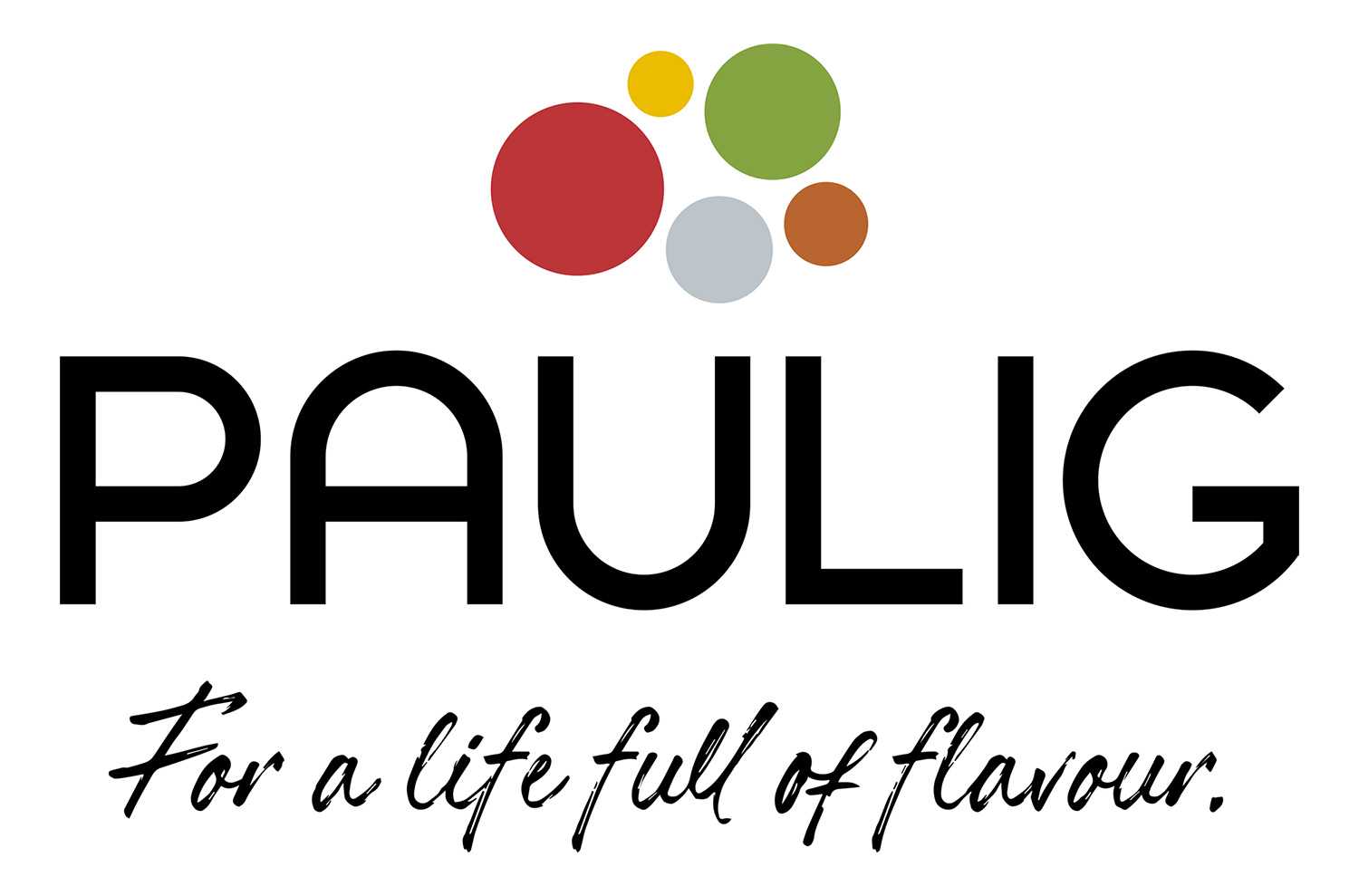HELSINKI, Finland – Paulig drives the transformation of food systems and takes part in the UN Climate conference COP28. For the first time, Food Systems Transformation is in a prominent role at COP, and key decision-makers from Paulig’s global sourcing countries and partners are convened together.
Paulig´s main objective for the conference is to engage with key stakeholders on driving the transition of food systems together through concrete actions and collaboration in the food value chain. Paulig joins COP28 as one the partners of Business Finland for the Finland Pavilion.
This year, the UN Climate conference COP is held in Dubai, UAE, from November 30th until December 12th.
“The food industry has a crucial role to play in providing global climate and health solutions, and now it’s time to act. We at Paulig want to help solve the global challenge of transforming food systems, and to make this happen, we need joint commitment, collaboration and concrete actions from everyone in the food value chain.
We joined COP28 to engage with global key stakeholders, exchange learnings from sustainability initiatives, and to push for decisions from international peers, partners, and suppliers, as well as political decision-makers.
To cope with the soaring demand for food while mitigating the effects of climate change, we need strong actions from both private and public sectors, and we need them now,” says Rolf Ladau, CEO at Paulig.
Paulig is committed to reducing GHG emissions by 50% from our value chain and by 80% from our own operations by 2030 from the 2018 baseline. These science-based climate targets are approved by the Science Based Target initiative and are aligned with the Paris agreement 1.5C ambition.
“We want to encourage positive change for both people and the planet. As an international food and beverage company, we exist in the middle of the food value chain and have global supply chains reaching across nearly 80 countries, with our products sold in over 70 countries.
Thus, we have the ability to impact both these ends: at the root where our raw materials come from and towards consumers. We inspire more sustainable choices and provide products that promote the health and well-being of both people and the planet,” Ladau continues.
Here is how Paulig describes its main sustainability efforts:
- 7 out of 11 Paulig factories have achieved CarbonNeutral building certification.
- Together with its suppliers and partners, Paulig has started several sustainable farming projects in the coffee and wheat value chains.
- They also launched their own unique Climate Fund to accelerate emission reductions in the wheat and coffee value chains, logistics, and in our own operations
- They introduced their first carbon-neutral coffee product family and lower climate impact tortillas
- They are constantly developing their product portfolio towards healthier choices to enable the health and wellbeing of both people and the planet.
- They added Nature as part of their ambitious sustainability targets to take stronger actions in preventing and minimizing biodiversity loss, working together with their partners and suppliers.
- They assess their raw material suppliers meticulously and are working to ensure that 100% of raw materials from high-risk areas come from sustainable sources verified by external parties.
“We have already taken many steps in our own operations and are constantly developing and implementing new solutions for the green transition and a more sustainable future of food. We are happy to share the learnings from our initiatives and hope to see more partners joining us on our journey to transform the food value chain.” Ladau concludes.


















